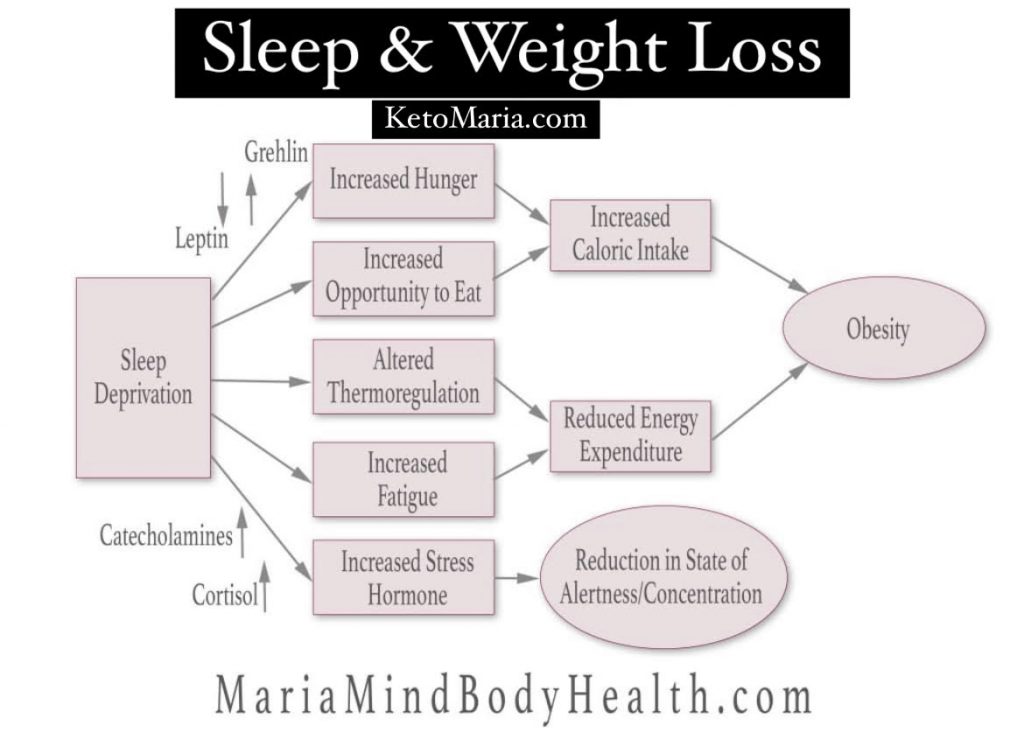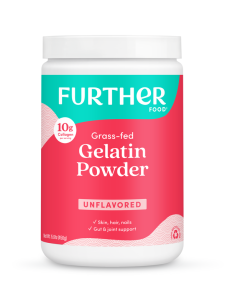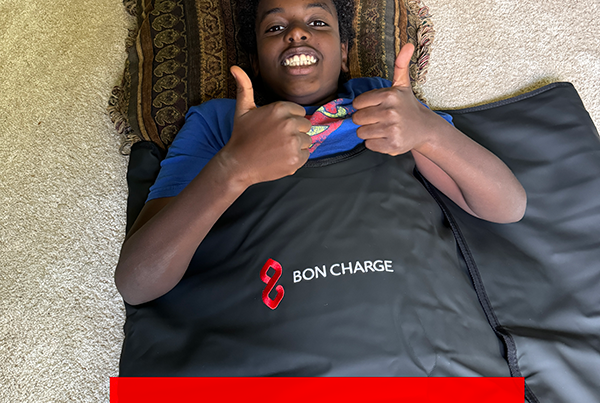Leptin and Sleep
As summer approaches for us, we often THINK we are going to lose weight because we are more active in the summer. But, do you lose weight? OR do you gain weight?
Many people gain weight in the summer and one main reason is that they skimp on sleep. It is easy to get 8-10 hours of sleep when it gets dark out at 4:30pm in January, but who wants to go to bed when it is still light out? Not me!
I work with a lot of gastric bypass patients and in the past, we use to think that they had sleep apnea after they gained weight BUT we now know that the lack of sleep = leptin resistance = don’t feel the sense of feeling full = over eating = weight gain! bad bad bad.

Many studies connect a link between sleep and the hormones that manipulate our eating behavior; which are ghrelin and leptin. Have you ever experienced a sleepless night followed by a day when no matter what you ate you never felt satisfied? I hate that! This is the outcome when leptin and ghrelin get out of balance. Leptin and ghrelin work like a “checks and balances” that manage hunger and fullness. Ghrelin, produced in the stomach, increases appetite, while leptin, produced in fat cells, sends a message to our brain when we are full.
Lack of sleep causes ghrelin levels to increase and your leptin levels to decrease. This imbalance causes us to intensely crave food and never feel full. The worst part is that we don’t crave broccoli, we crave high calorie sweets and starchy foods. Over time, this imbalance can easily lead to long-term weight gain.
In a Chicago study, doctors analyzed leptin and ghrelin levels in 12 fit men. They started by charting their normal levels of appetite and hunger. The men were assigned to two days of sleep deprivation followed by two days of limitless sleep. Doctors supervised hormone levels, appetite, and activity level. The men had considerable changes. When sleep was restricted, leptin levels went down and ghrelin levels went up. As expected, the men’s appetite also increased; the desire for high carbohydrate, high calorie foods increased by a shocking 45 percent.
A Stanford study found an interesting significance of the leptin-ghrelin effect. They studied 1,000 volunteers that reported the number of hours they slept each night. Doctors then analyzed their levels of ghrelin and leptin, and their weight. The numbers show that the volunteers who slept less than eight hours a night not only had lower levels of leptin and higher levels of ghrelin, but they also had a higher body fat levels. The link comes when they discovered that their levels of body fat correlated with their sleep patterns. Those who slept the fewest hours per night weighed the most.
Don’t throw your walking shoes away just because this is an easier way to lose weight. Studies also show the relationship is not as obvious as it seems. An interesting problem called, “obstructive sleep apnea,” is something that most people have without knowing it. This causes an imbalance in our hormone levels. People with sleep apnea stop breathing for up to a minute, sometimes hundreds of times throughout the night. It is mysterious because the true cause of the problem is unknown. Some doctors believe that a physical deformity inside the throat cause soft tissue to collapse. This briefly pinches the air passages during a night, causing a disruption in breathing and a tendency to snore. So even though you are unconscious for eight hours, the disrupted breathing stops you from getting quality sleep. Eight hours of disrupted sleep can leave you feeling like you had only a 4 or 5. One symptom of sleep apnea is that you wake up feeling tired even though you thought you went to bed early. People who suffer from sleep apnea are more likely to be overweight. The confusing part is that doctors find they have oddly high levels of leptin; which turns off hunger. Another interesting fact is that when their apnea is treated, leptin levels drop and somehow that helps them to lose weight. Confused? Me too…
As it turns out, the level of this hormone doesn’t matter as much as our response to it. I began to understand when they compared this to people who are “insulin resistant,” they have plenty of insulin but their body can’t recognize it because they became de-sensitized. People with apnea are resistant to the fullness signal that leptin sends to the brain. The body is trying to tell them to stop eating, but the brain isn’t getting the message. Experts believe our exercise patterns, eating habits, stress levels, and genetics all control the production and response of leptin and ghrelin.
Sleeping less also affects changes in our basal metabolic rate. When you are sleeping, your body produces human growth hormone; the stuff celebrities are now injecting to look young and feel young. Human growth hormone helps preserve our muscle and keep our metabolism firing at night. So an inadequate amount of sleep will keep this highly desired hormone from kicking in. Another thing to remember is that our human growth hormone doesn’t kick in if we eat 3 hours before bed.
When you get a good night’s rest your body has adequate time to repair and rejuvenate. Here are some tips I use to help me get 8 hours of quality sleep.
• Avoid sugar and foods high in carbohydrates, like popcorn, chips, and crackers, especially in the evening hours. It causes low quality sleep and it stalls our metabolism. When blood sugar rises too much, it falls too low, causing you to wake up because of low blood sugar and hunger.
• If you must eat before bed, eat a balanced snack, such as one of my “healthified” treats, not cereal and skim milk (which was what I grew up on).
• Follow a regular sleep schedule by going to bed and rising at the same time. I know I sound like a loser, but I’m usually in bed by 8:30pm and rise at 6am.
• Before bed do something to relax your muscles and your mind (stretching, yoga or deep breathing exercises).
• Reduce or eliminate caffeine…chocolate has caffeine, so beware.
• Turn off the T.V. and computer and darken your bedroom with heavy drapes.
• Turn the heat down. I often sleep with the windows open even in the winter; I sleep the best at about 57 degrees.
• Add in natural supplements. I suggest taking them 1 hour before bed to calm your body down and shut off that “brain chatter” of events from the day.
If these healthy habits don’t solve your insomnia, I and millions of Americans use 400 to 800 mg of Magnesium Glycinate at bedtime. This mineral is a natural muscle relaxant and can help calm anxiety, both of which help with sleep. We are all pressed for time but I encourage you to find eight hours for sleep to maximize energy, mood, mental focus and metabolism. It is the easiest way to maximize our health, no painful exercises required.
Click HERE to find more tips and easy to read charts on what foods to eat to balance all of your hormones.
To find my favorite sleep supplements, click HERE.
TESTIMONY OF THE DAY
 “ Jess
“ JessMost people I consult are doing keto totally wrong. Get fast results with the my Mind-blowing Keto School!
Click HERE to check out my supplement plans!















Good morning Maria, I understand the importance of sleep and that when we don’t get it it throws off our leptin, cortisol, etc for the day, which causes increased hunger and cravings. When we experience a night of no or little sleep what is the best way to combat that, that day?
Wow…that chart really brought to reality the damage this does. I have been suffering with this for a few months and its really more of a problem than I even realized and I DID realize I need to fix it. The increased opportunity for eating is so true. I have overcome the eating to sleep cycle and am keto adapted, but had plateaued for 3 weeks at least….this may be why. I will try more interventions and make sure I correct this somehow. THANK YOU for this info!
What are your thoughts on melatonin to aide sleep? I take 10 mg nearly every night. I used to take ambien, but melatonin seems to work just as well. I know a schedule would help most, but that’s hard for me. 😉
Yes, that is a good option. I use it too. 🙂
HI! is progesterone safe for men to use?
No
Yes men can use all natural progesterone cream such as onasnatural. Just a small dose men can have estrogen dominance these days thanks to all the hormone in foods.
Which natural sleep supplement do you recommend?, It’s hard for me to fall asleep and stay asleep.
I have a great plan here: http://mariamindbodyhealth.com/supplement-plans/
😍